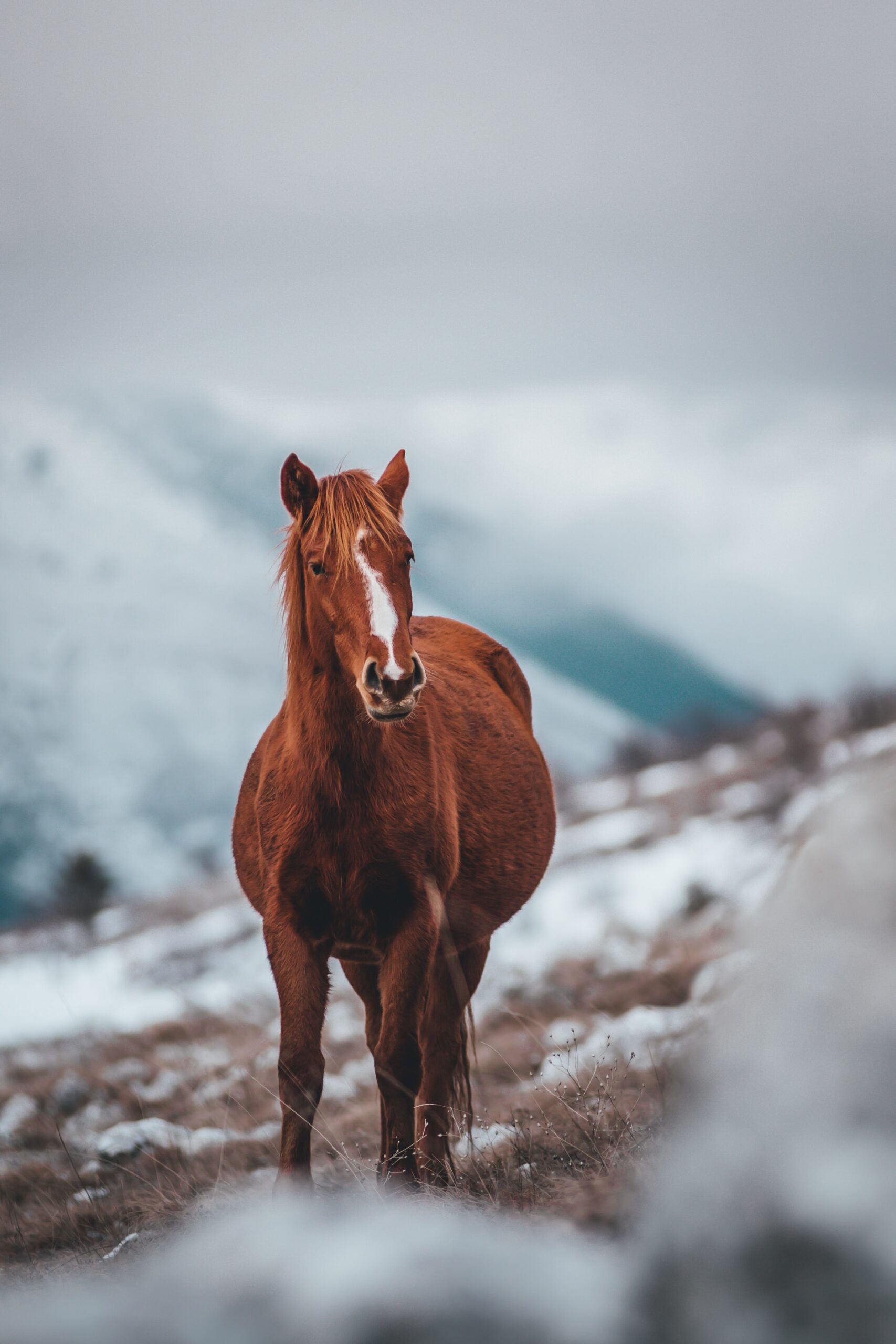Hey there, it’s your pal Jack again. I’m back with another tale from the world of horse ownership, and this one’s a doozy.
You know how it goes: you’re out for a ride and your horse starts acting a little…off. They’re not their usual self, and you start to get worried.
Could it be colic?
Colic, for those who don’t know, is abdominal pain in horses. It can range from mild discomfort to severe, and in extreme cases, it can be life-threatening. As a horse owner, it’s something you always have to be on the lookout for.
One question that often comes up when it comes to colic is: does a horse with colic poop? Let’s dive in and find out.
Table of Contents
The Lowdown on Horse Poop
Horse poop can be a good indicator of a horse’s overall health. A healthy horse should be producing regular, well-formed feces.
However, there are several factors that can affect a horse’s bowel movements, including diet, hydration, and overall health.
So, what does this have to do with colic? Well, colic can cause changes in a horse’s bowel movements. Let’s take a closer look at how.
Colic and Poop: The Connection
Colic can cause changes in a horse’s bowel movements in a few different ways. Here are a few examples:
- Constipation: Colic can cause constipation, leading to hard, dry feces or a lack of bowel movements.
- Diarrhea: Colic can also cause diarrhea, resulting in watery feces or an increased frequency of bowel movements.
- No bowel movements: In some cases, a horse with colic may not produce any feces at all.
- It’s important to note that changes in bowel movements can also be caused by other factors, such as diet or parasites.
How to Tell if Your Horse has Colic
So, how can you tell if your horse has colic? Here are a few common signs to look out for:
- Restlessness: Your horse may pace, paw at the ground, or roll around.
- Lack of appetite: They may refuse to eat or drink.
- Depression: They may seem lethargic or disinterested in their surroundings.
- Abdominal pain: They may exhibit signs of discomfort, such as looking at their side or kicking at their belly.
- Changes in bowel movements: They may have diarrhea, constipation, or no bowel movements at all.
It’s important to note that these symptoms can also be indicative of other types of colic or health issues, so it’s always best to consult with a veterinarian if you have any concerns.
FAQs
Should I be worried if my horse hasn’t pooped in a while?
If your horse hasn’t pooped in a while, it could be a sign of constipation or colic. It’s always best to consult with a veterinarian if you have any concerns.
What can I do if my horse has colic?
If you suspect your horse has colic, it’s important to act fast.
Contact your veterinarian for guidance, and follow their recommendations for treatment. This may include administering pain medication and providing supportive care, such as fluids.
How can I prevent colic in the future?
To prevent colic in the future, it’s important to pay attention to your horse’s diet, hydration, and overall health.
Consult with a veterinarian for guidance and follow their recommendations for deworming and other preventative measures.
Colic and Poop Conclusion: Keep an Eye on the Business End
So there you have it, folks! Horse poop can be a good indicator of colic, and it’s important to pay attention to any changes in bowel movements.
If you have any concerns, don’t hesitate to consult with a veterinarian.
As always, it’s important to pay attention to your horse’s health and to consult with a veterinarian if you have any concerns.
And remember: a happy horse means a happy owner. Or at least, that’s what I’m told.
